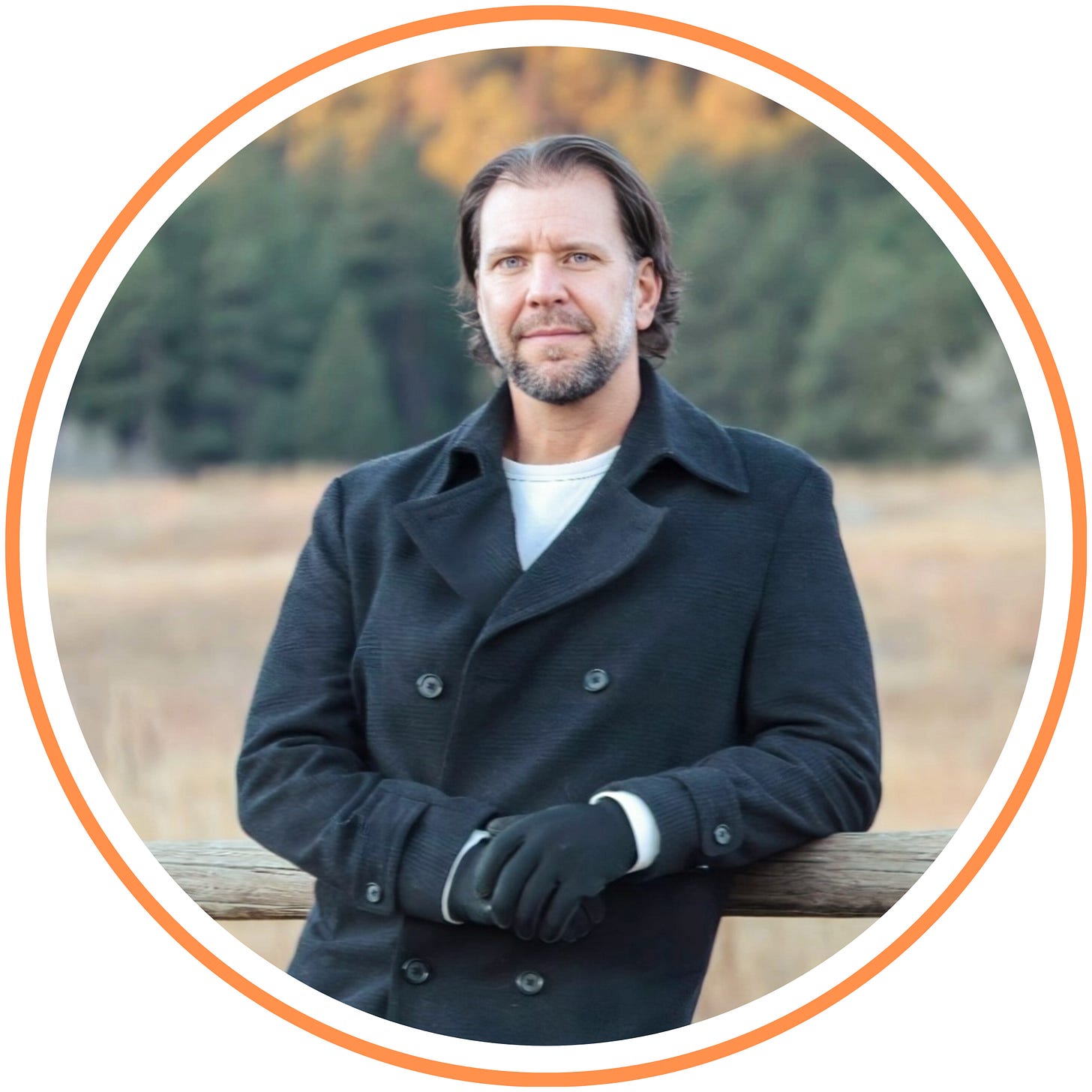Writing advice is as varied as the writers giving it. From George Orwell’s “never use a long word where a short one will do” to Jack London’s encouragement to “light out after [inspiration] with a club,” there’s no shortage of shared wisdom. Yet, some consistent themes emerge in the advice given to early-career writers: to read prolifically, observe the world, and write constantly.
Many of our readers are writers themselves. Today the Thriller Thursday authors share their advice with early career writers.
Tessa Wegert: “I would absolutely recommend joining a writing community, whether it’s an informal critique group, an organization like International Thriller Writers, or a local chapter of Sisters in Crime or Mystery Writers of America. This is a business unlike any other, and having access to veteran authors and debuts whose experiences mirror your own can help you navigate the publishing world, boost your confidence, and introduce you to a friend group you’ll value for life.”
Lauren Nossett: “A common piece of advice given to writers is to write a thousand words a day, but I find this both limiting and misleading. In the early drafting stages, I might write four thousand words a day. But during the revision stage, I might delete two thousand. Some days, I might delete five hundred words and write two hundred. Then edit out a word here or there and add another this place or that. Math has never been my strong suit and tracking my word count reminds of the days when my mother sat me in front of the piano with a metronome and a timer and told me I had to practice for thirty minutes—it took all the joy out of the process! So instead, my writing philosophy is I have to “touch” my work every day. This may be writing new sections, revising old ones, adding words or deleting them, but it ensures that the project stays fresh in my mind.”
Danielle Girard: “Butt in chair. That’s what Lisa Gardner said to me when we were in our twenties, just starting out. You have to do the work. Malcolm Gladwell says it takes 10,000 hours to be a master. I’m not sure if I’m there yet, but I’m getting close and still I have so much to learn. Sit down, do the work, and never stop learning.”
Katy Hays: “I think the best advice comes from E.L. Doctorow, which is: “Writing is like driving at night in the fog. You can only see as far as your headlights, but you can make the whole trip that way.” This is true of everything—drafting, getting published, getting rejected, revising, building community, etc.
Ironically, my parents used this same quote in my senior year advertisement that high schools used to sell in the back pages of the yearbook. Do you remember those? The little boxes with your photo and some fawning words from your parents and siblings? Anyway, I think they misappropriated the quote and swapped “writing” for “life” but both versions feel right. And wow, parents, way to be prophetic about my future career.”
Greg Wands: “Read often and widely. You’ll pick up a variety of skill sets from different genres outside of the one you’re writing. Write what you love. The endeavor of penning a novel can be arduous, and it’s important to have fun with the process. And be persistent. Put in the time, have some patience and continue to grow as a writer. The rewards are worth the effort!”
Carter Wilson: “Write every day. Even if it's for fifteen minutes. Even if it's terrible. But you need to build the muscle.”
Wendy Walker: “Be persistent. Be perceptive. Writing is a business. If this is what you want for the career that you hope to sustain you financially, then you have to make good business decisions. I can’t say that I’ve always done this myself, because I still don’t fully understand publishing. Does anyone? Lightning strikes do happen—sudden social media buzz, a superfan with wide influence, a book club pick, etc. But we can’t count on these. Be smart. Surround yourself with smart people—agents, editors, publicists. And then write the most original, inspired books that you can.”
Lynne Constantine: “Don’t give up. It can be discouraging when the rejections are rolling in, but if writing is your passion, keep going.”
QotW: What’s the best writing advice you’ve been given?















The best piece of writing advice I ever got? Make SURE you love your idea and your MC verrrry much, because you will be spending lots and lots and lots of time with them! Years. You'll want to quit and give up so many times. Often, only your love for the story and your characters will keep you going. Your implacable belief that they need to meet the world, and that you need to be the one making the introduction. :)
I loved what Lauren says about writing x number of words a day. Sometimes I write a whole chapter, and other times I delete one. The point is to keep working on your story, one day at a time.
Thank thriller writers!